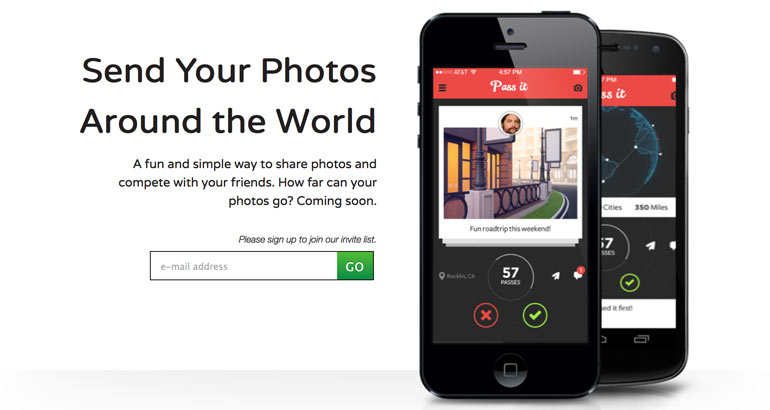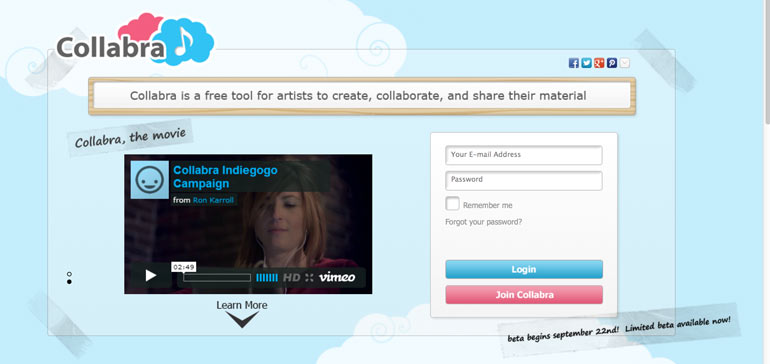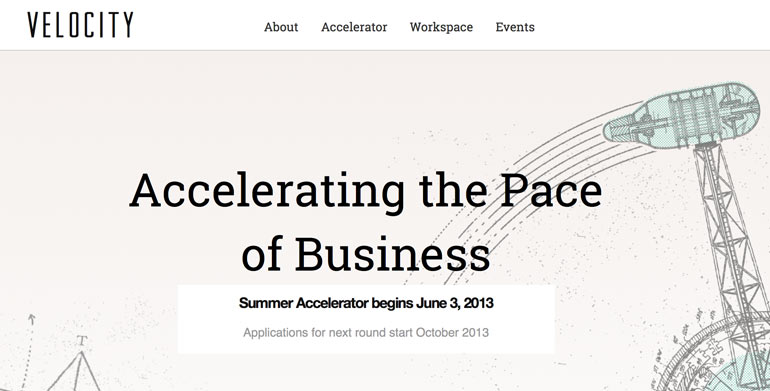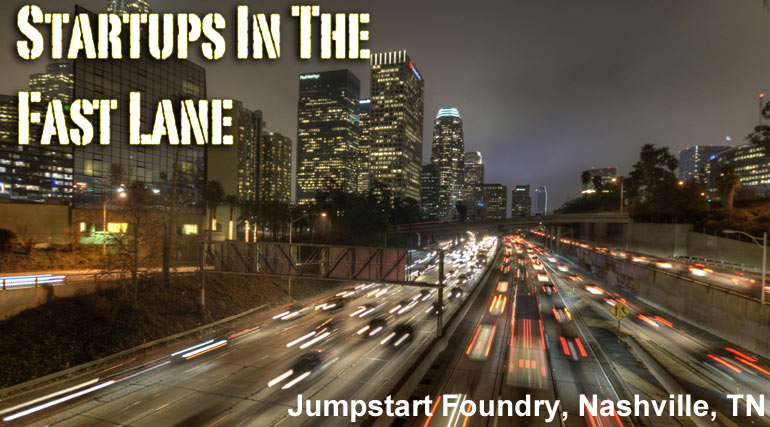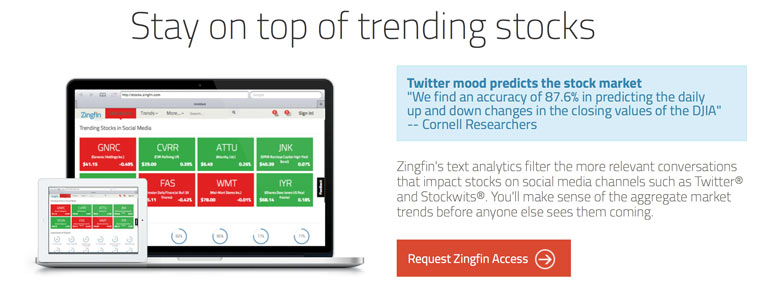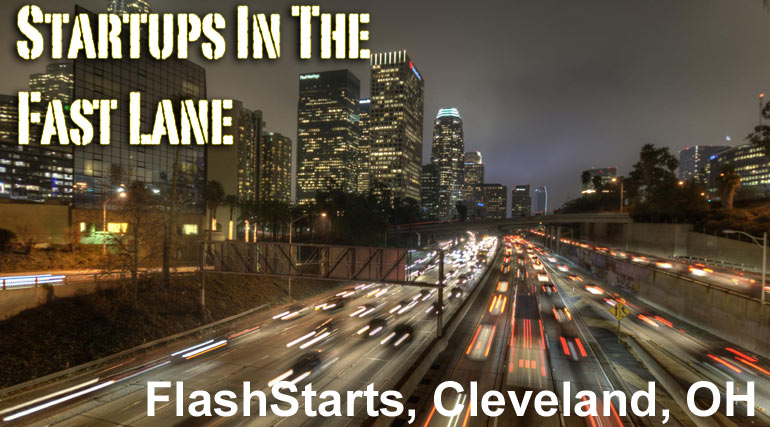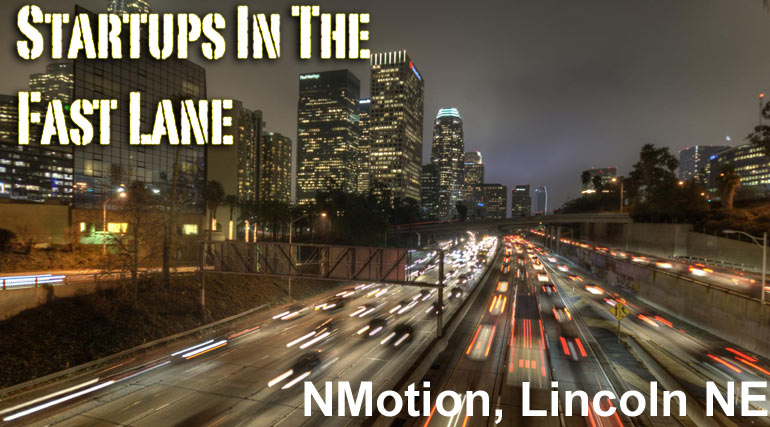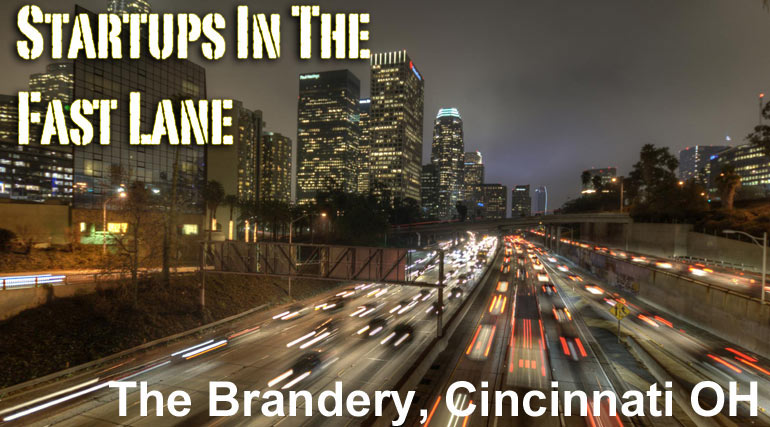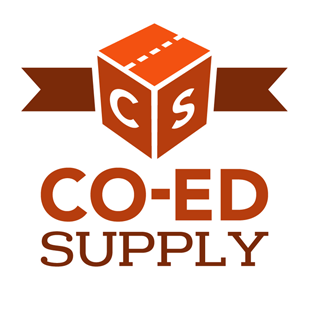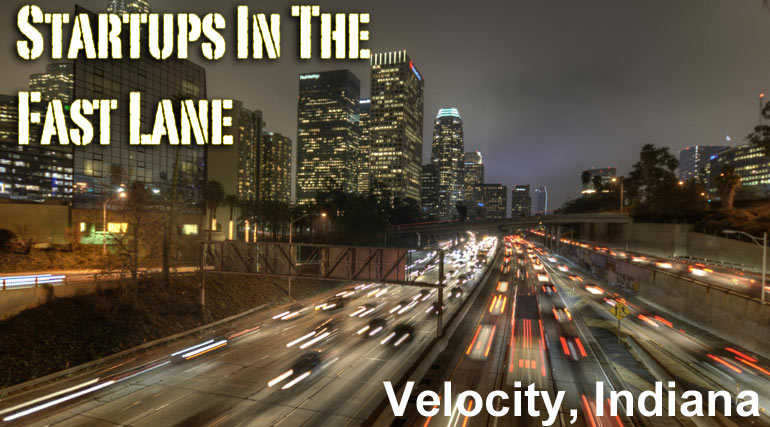
Velocity Indiana, a startup accelerator just outside of Louisville, Kentucky, just graduated their first class last week. They brought startups from across the country to learn, grow, and accelerate in a beautiful area in the middle of the country. Velocity is the epitome of “everywhere else”.
Pass It, came from Seattle, Washington to work on a next generation photo sharing app. Nowadays, regular photo sharing apps are getting boring and there’s a filter for everything. Startups are looking to find ways to make photo sharing apps more engaging.
Pass It wants users to send their photos “around the world”. They’ve also added an element of competition to the mix.
Pass It is in our Fastlane, our interview feature that profile’s startups that are going through, or just completed an accelerator program.
What is the name of your startup?
Pass it
What accelerator are you in?
Velocity Accelerator. http://velocityindiana.org
Where is your startup originally from?
Seattle
Tell us about your current team?
Bryce Anderson – Moving the business forward.
Robert Eickmann – Mobile developer with superpowers.
Cameron Chinn – Marketing and user acquisition specialist.
Jon Matar – Primary Advisor
What does your startup do?
Pass it is a photo sharing app that allows users to connect, compete, and send their photos around the world.
What are your goals for the accelerator program?
To substantially improve our business model and create as many new relationships as possible.
What’s one thing you’ve learned in the accelerator?
Failure is a part of the process. Every week we tested several hypotheses and we had to constantly adapt our thinking based on our customer feedback.
What’s the hardest piece of advice you’ve had to stomach so far?
To pivot. We came in to Velocity with an EdTech company and we completely changed our business due to the Lean Startup methodology.
What is your goal for the day after demo day?
To create meetings with potential investors and business leaders in the Indiana and Kentucky entrepreneurial community.
Why did you choose this accelerator?
We chose Velocity because of its central location and outstanding business mentors. I would like to give a shout out to Tony Schy, Dave Durand, Terry Goertz, Michael Browning and Greg Langdon.
What’s one thing you learned about an accelerator that you didn’t know when you applied?
How much I would learn from the other startups participating in the program. Even though we all had substantially different businesses, we all faced the same day-to-day startup challenges and I learned valuable information from their experiences with the lean startup program.
Where can people find out more?
What’s your twitter handle?


